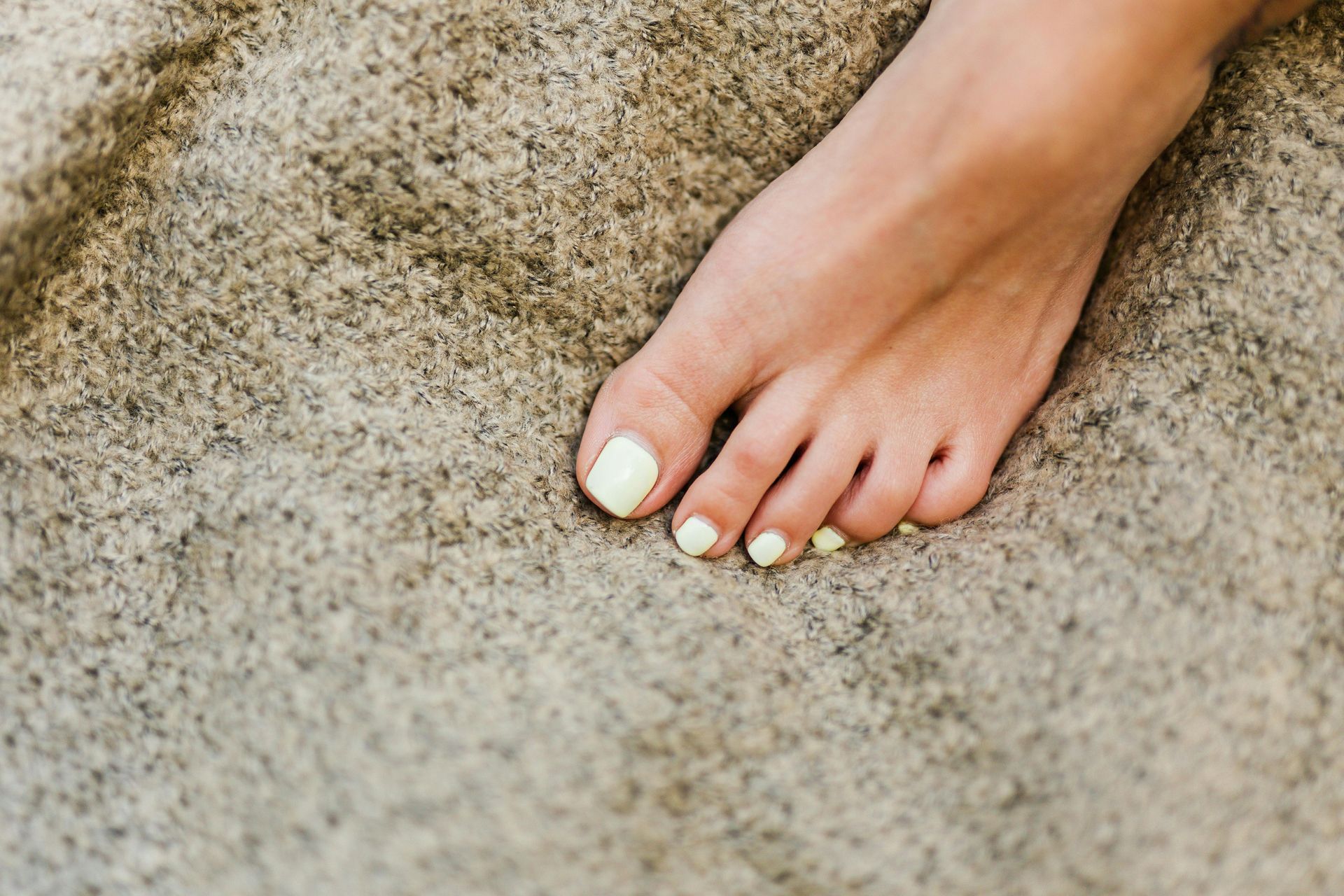Eat all your green veggies if you want fewer colds and bugs
Your Mum knew what she was talking about!
Recently, I've been listening to the audio book of Ultra Processed People (affiliate link).
And I'm still processing (pun intended) a lot of the things I learnt.
So today, I wanted to talk about food, your gut microbiome and how it interacts with immunity.
With the C-word making an unwelcome summer reappearance, I think it's appropriate.
What is "the immune system"?
It's the cells, tissues and organs including white blood cells, tissues and organs of the lymphatic system (thymus, spleen, tonsils, lymph nodes, and bone marrow).
What does the immune system do?
Put simply, it acts as the first line of defense against viruses, bacteria and other microbes and works to destroy them if they enter the body.
What's the gut microbiome?
This is the collection of millions of bacteria (up to 1,000 different species) that live in our guts and which help with digestion as well as destroying harmful bacteria and helping to control your immune system.
How does the gut microbiome control the immune system?
These millions of microbes recognise invading bacteria and viruses (and kill some of them!) and send messages to the immune system.
This leads to the production of the immune response and the release of protective peptides, cytokines, and white blood cells that swarm to the invader to kill it.
Variety is the spice of life...literally.
To get the best response from our immune system, we want lots of gut microbes with lots of variety who can send lots of messages to activate it.
The more different types of microbes you have, the better.
Different types of microbes eat different things
Meaning that if we want to have lots of variety, we need to provide the gut with lots of different types of food.
What happens if we don't feed our gut microbiome right?
Recent studies indicate that if we have a reduced number of microbes or the balance of types of microbes gets disturbed - known as "gut dysbiosis" - and it can make you more susceptible to disease.
And not just illness caused by bacteria and viruses, but metabolic diseases such as diabetes, and other inflammatory diseases.
What should we eat to reduce risks of gut dysbiosis?
Lots of fibre, fruit and vegetables. Some protein. Some fats.
The more variety, the better. Aim for 30+ plant-based foods/ week.
Oh, and stay hydrated too.
(Want a tasty veggie-packed Moussaka recipe that will keep your microbes happy? Check out this moussaka)
Other things that help the gut?
It's becoming apparent that there's a very strong two-way conversation between the brain, the nervous system and the gut microbiome.
So things that reduce stress and activate your parasympathetic nervous system will keep your microbiome happy.
Antibiotics are known to wreak havoc (their job, after all is to kill bacteria!).
And while you can choose to only take them only if it's absolutely necessary, they can be hard to avoid in meat.
So reducing meat intake (particularly red meat) will help.
Finishing where I started with ultra-processed food - avoid it as much as you can.
Research is starting to show that it creates gut dysbiosis by starving your microbiota of the food it needs to survive.
I could go on..
I've really struggled to keep this email to a reasonable length. So much interesting stuff!
If you want to learn more, apart from Ultra Processed People, I strongly recommend Dr Jenna Macciochi who's an immunologist.
You can follow her on IG here and check out her book The Science of Staying Well (affiliate link).
In summary then - do as your Mum told you and eat all your veg up to be big and strong!










